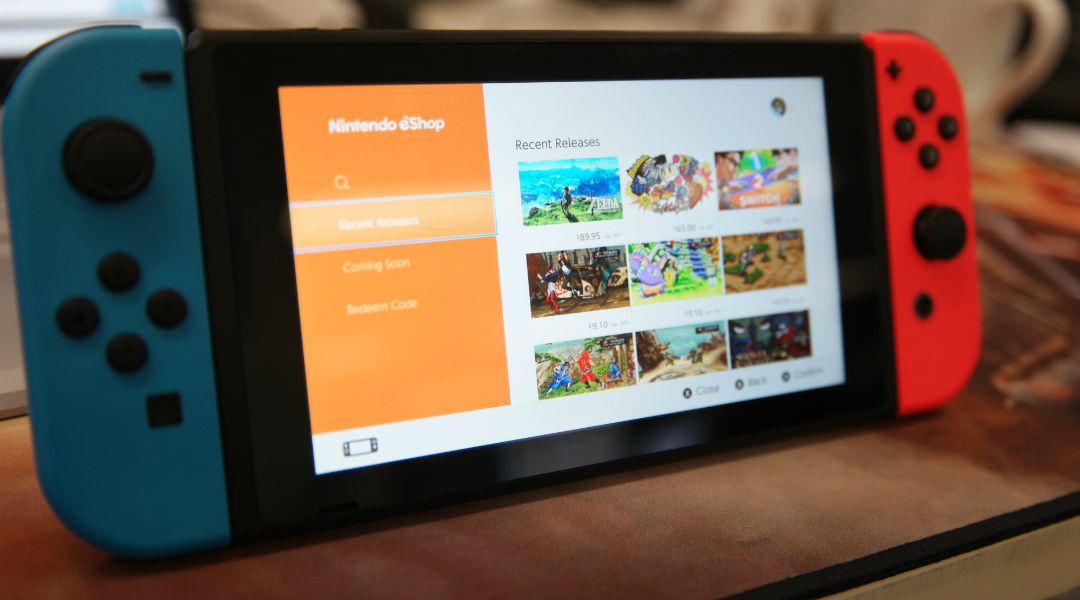One of the biggest announcements Nintendo made in the early days of the Switch console reveal was the company's intent to monetize its online network services. Previously, Nintendo had adopted an online-lite approach to internet-based services, offering gamers quirky interactions between each other but little in the way of a premium multiplayer and downloading service. While Nintendo previously suggested that the change was due to a growing concern that customer satisfaction with its online services was becoming an issue, an infographic from a digital games market analyst named Daniel Ahmad has shed some light on what might be the real reason behind Nintendo's sudden shift in philosophy.
Nintendo's eShop profits are relatively small for a company as large as the games industry giant, but the magnitude of that discrepancy becomes a lot clearer when Nintendo's digital profits are compared to Sony's. Sony's PlayStation Network profits are historically some of the strongest in video games, and it becomes pretty clear when examining the graph that Nintendo's awareness of this likely played a huge role in the company's decision to monetize its online services:
As Ahmad correctly points out, Nintendo's digital revenue is by far the lowest in the industry, and the difference between Sony and Nintendo is to the tune of something around 190 billion yen, which translates to about $1.7 billion USD. These kinds of figures don't necessarily reflect the whole story - Sony has sold 60 million PS4 units worldwide, while Nintendo's Switch is brand new and will be the centerpiece of their new digital sales platform - but they're an accurate indicator of just how wide the gap between Sony and Nintendo has gotten during the current generation of consoles.
It's a jarring visual representation of a situation that Nintendo has made a priority out of addressing, but it's also worth noting that Nintendo could right the ship in the very near future. The monetization of its digital services is the first step in generating more profit, and Nintendo has indicated that the Switch's premium online services might be cheaper than gamers were expecting. If Nintendo can keep costs relatively low, it should be able to appeal to the massive youth demographic the company has always enjoyed a major share of.
For now, though, it's hard not to be amazed - and just a little bit impressed - that Nintendo has let its digital revenue generation slip so far while other companies have made it a fundamental elemental of their business model. Luckily, the positive reception of the Switch seems to indicate that Nintendo is finally on the right track once more after some major roadblocks, and hopefully more competition between the industry's major players will benefit gamers in the long run.
Source: Twitter

